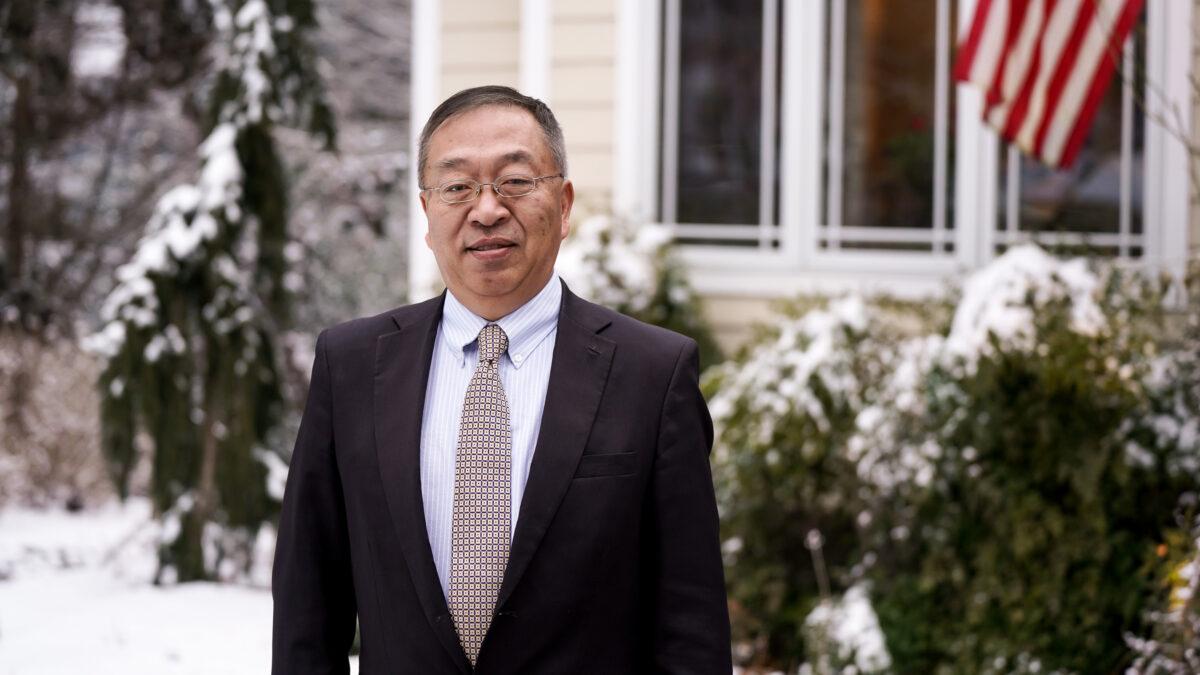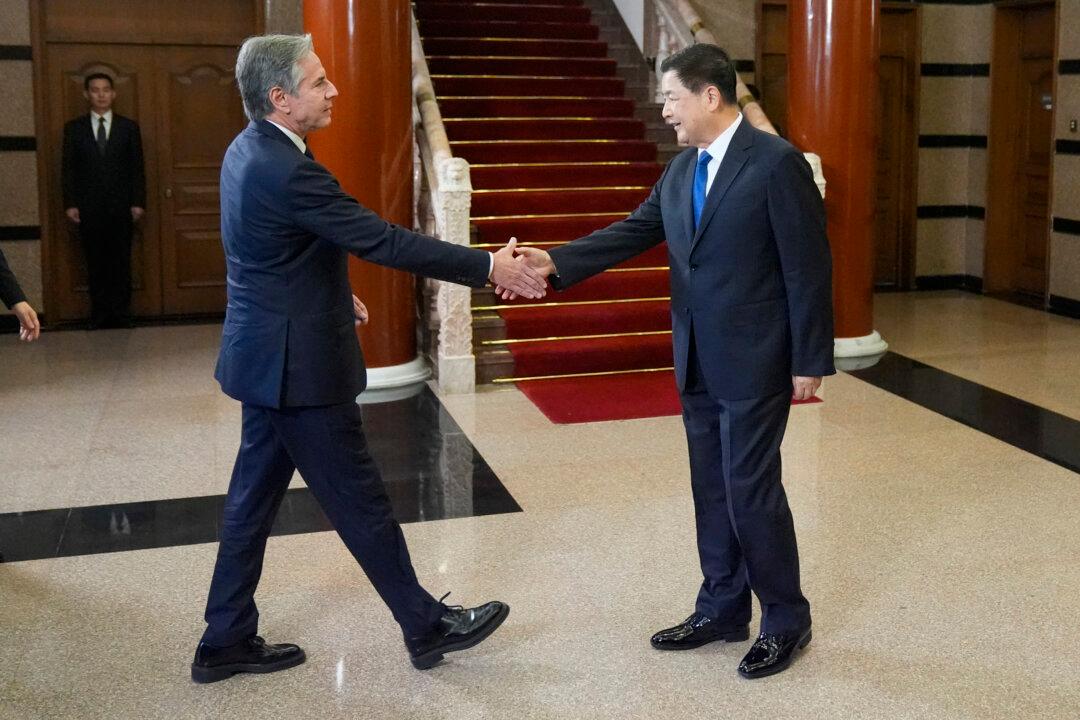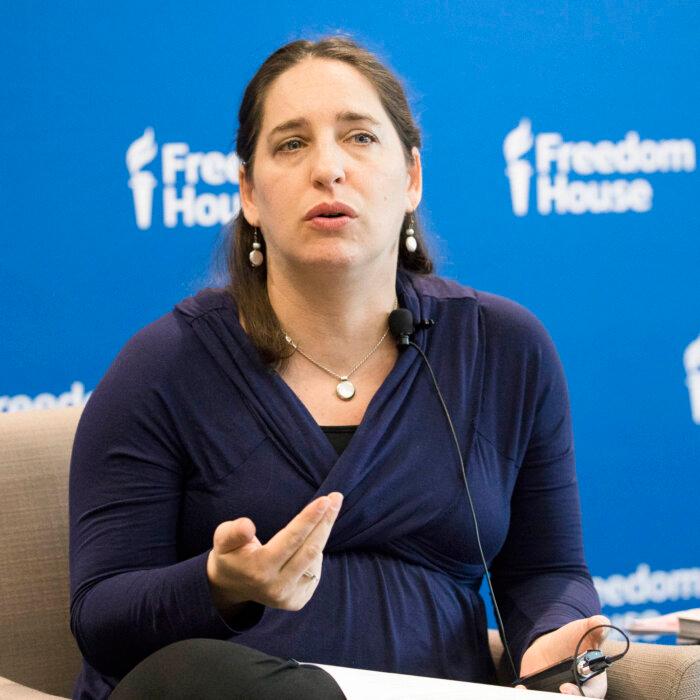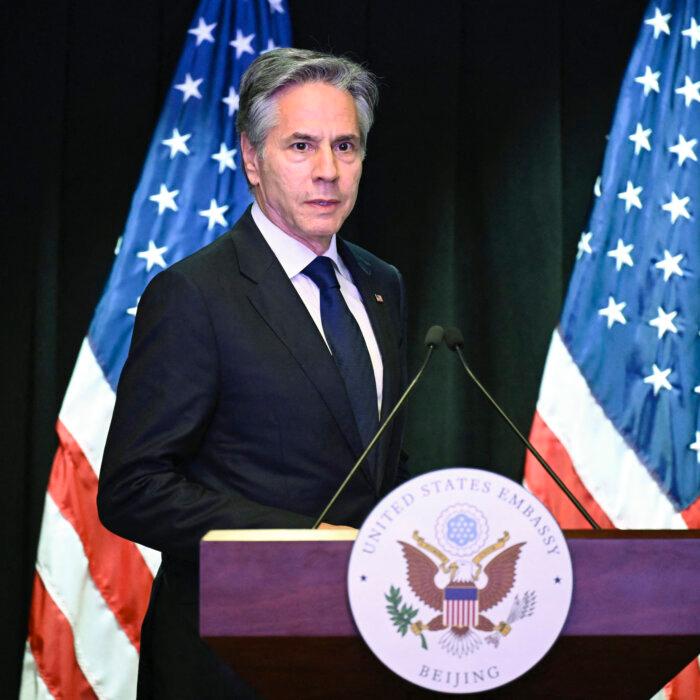Washington should challenge the Chinese communist regime on its human rights record in every engagement with Beijing because it’s the regime’s greatest weakness, according to Miles Yu, director of the China Center at the Hudson Institute.
“Human rights will basically decide the future relationship of the two nations, and the relationship between China and the rest of the world.”
Mr. Blinken said he brought up the case of U.S. citizens who have been wrongfully detained or subjected to an exit ban, during meetings with Chinese Communist Party (CCP) leader Xi Jinping and senior Chinese officials.
For Mr. Yu, a former China policy adviser to former Secretary of State Mike Pompeo, human rights should feature more prominently in direct contact between U.S. and Chinese officials.
“China is trying its best to stop all discussion about the human rights conditions in China, because abuse and suppression of human rights is the innate nature of the communist regime,” he said.
The United States focusing on the CCP’s human rights record is something Beijing would be “really be afraid of,” Mr. Yu said, calling it “the biggest bargaining chip” the United States has in negotiations with China.
“I think we have been so timid to ... not really put the emphasis on this very important part of this bilateral relationship engagement,” he said.

The CCP Is to Blame for US–China Tensions
Mr. Blinken’s trip to China—following a similar visit by Treasury Secretary Janet Yellen—is part of the Biden administration’s efforts to stabilize the still-fraught relationship between the world’s two largest economies. Tensions are flaring on multiple fronts. In recent months, the United States has taken more action in response to China’s nonmarket trade policies and practices that have put U.S. companies and workers at a competitive disadvantage.The CCP’s top diplomat, Wang Yi, told Mr. Blinken that Washington has taken “endless” measures to suppress China’s economy, trade, and science and technology, according to a Chinese readout of their meeting on April 26. Xi warned the top U.S. diplomat against “targeting, opposing, or harming” the regime, Beijing’s Foreign Ministry said in a statement.
Speaking at a press conference following the meetings, Mr. Blinken emphasized that the United States’ actions are not aimed at “holding back China’s development,” and that the U.S. is not “decoupling” from China.
But Mr. Yu said there is no need for the United States to defend itself.
“By even responding to China’s accusation of decoupling ... it’s an indication that we have fallen into a trap set up by China, because the most important part in deciding the nature and direction, and even the temperature, of the bilateral relationship [is] not the United States, it’s China,” Mr. Yu said, adding that China is the one that “made this relationship unstable.”







